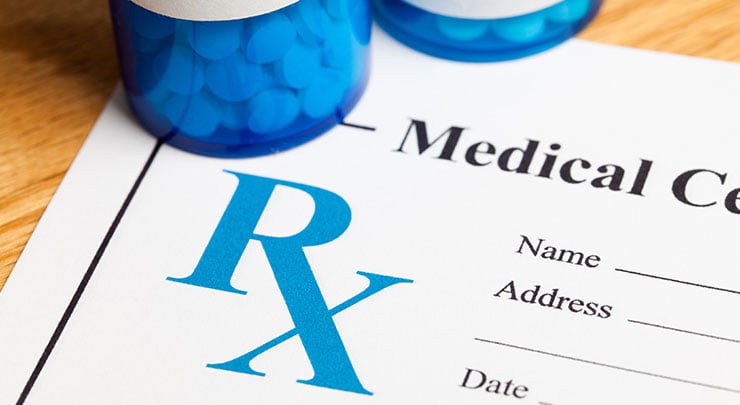
I don't want to get to the end of my life and find that I just lived the length of it. I want to have lived the width of it as well.
– Diane Ackerman

I don't want to get to the end of my life and find that I just lived the length of it. I want to have lived the width of it as well.
– Diane Ackerman
Unlike other plastic surgery procedures, preparing for otoplasty is relatively straightforward.
toplasty is one of the few plastic surgery procedures that is routinely performed on both children and adults, although modifications to surgical techniques are made for adult patients. Otoplasty is used to treat many different ear issues, including such aesthetic concerns as protruding ears, constricted ears, microtia, Stahl's deformity, enlarged earlobes and cryptotia. Results generally last throughout your lifetime. Because of the many issues it can treat, a wide variety of techniques and treatments have been developed, with no definitive method standing apart. However, regardless of which technique is applied, the steps you need to take to prepare for your procedure remain the same.

As with any surgery, there are a few measures for you to take in the weeks leading up to the procedure to ensure a speedy and complication free recovery. The best place to start is to follow any and all specific directions we give you, including any instructions regarding medications. You will receive a number of prescription medications for the otoplasty procedure prior to the date of your surgery. You should fill these early so you have them ready and waiting for you when you return home following the procedure. One of these medications will be an antibiotic; this is designed to minimized any risk of infection. You will mostly likely begin the regimen a few hours before your surgery, and continue for at least five days after. If you must deviate from any of your pre-surgery instructions for any reason, inform our office immediately.
On the topic of medications, it is standard practice to ask patients prepping for otoplasty to stop using all medications that increase bleeding and bruising for two weeks before and after the operation. These commonly include aspirin or aspirin-like medications, ibuprofen (Advil, Motrin), Vitamin E, and blood thinners. If you must use pain medication, it is safest to use acetaminophen, but as always, discuss it with us first.
It is also generally a good idea to stop taking nutritional supplements during this time as their interactions with surgical procedures is still poorly understood. We may also ask you to temporarily stop drinking red wine, or alcohol for about two weeks before and after your procedure. If you have any questions or doubts about the medications you regularly take, do not hesitate to ask us for clarification.
global$galleries_array;Another important step to take is to avoid consuming nicotine in any form during the ten days to two weeks prior to, and following, your operation. This includes cigarettes and cigars, pipe tobacco, chew, gum, “the patch,” and yes, e-cigarette vapourizers as well. Nicotine hinders healthy blood circulation, and can have a negative impact on your surgery. It also can place you at a significantly higher risk for complications involving anesthesia.

The very best thing you can do to prepare for your otoplasty surgery is to maintain a positive attitude and outlook in the weeks and days leading up to the operation. This can dramatically improve how your body reacts to your surgery, and improve your results.
Be sure to discuss any concerns or questions you have with us; we will be more than happy to explain everything in great detail to help put your mind to ease. A thorough understanding of your expected recovery combined with high spirits will help your procedure be a positive overall experience.
Think positively because it helps prepare your body for surgery.
– Dr. Leila Kasrai
Setting aside the medical preparation you should be doing leading up to your operation, there are a few non-medical considerations to make on the day of as well. Many patients are concerned about their hair. In general you should shower and shampoo the morning of your surgery. However, do not put any product in your hair, such as sprays, gels, or mousse. In addition, you should not wear any makeup, nail polish, or jewelry.
Something else to consider is your wardrobe on the day of your operation. Not only will you want to select something that is comfortable, but you should also stick to a top that buttons or zips up in the front, rather than something that is pulled over your head. Essentially, you'll want to choose an outfit that will not come into contact with your ears at all, if possible.
Lastly, you will want to make arrangements for immediately following your surgery. Driving following your procedure is dangerous and not recommended. It is best to arrange to have someone come with you to not only drive you home, but to stay with you for 24 hours after, just as a precaution against unforeseen complications. For this same reason, it is a good idea to purchase any groceries or supplies you will need after surgery in the days before. You may even want to prepare some food that you can just warm up, so you don't have to bother with cooking.
Otoplasty is an extremely common procedure, with few complications to be concerned with. You can minimize this low risk even further by taking the opportunity to discuss every aspect of your operation with us, maintaining a positive outlook, and adequately preparing yourself by following your pre-surgery instructions.